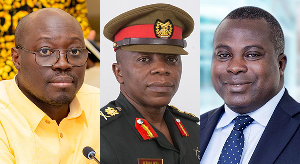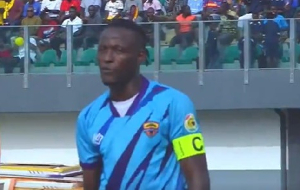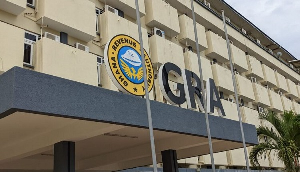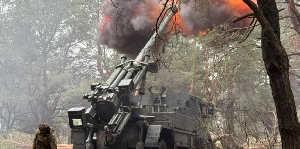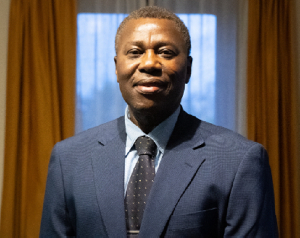Ghana’s Poly-Tech Institutes Must Be Upgraded with Our Oil Wealth
By Kwame Okoampa-Ahoofe, Jr., Ph.D.
The announcement by Prof. Nsowah-Nuamah, during his induction as substantive rector/director of the Kumasi Poly-Technical Institute, that he intends to upgrade that fairly well-recognized institution to one of global status must be accorded all the boost that it deserves by the government (See “K-Poly Inducts Prof. Nsowah-Nuamah as New Rector” Ghanaweb.com 11/26/10).
According to the Ghana News Agency, the new rector of K-Poly, as the institution is popularly called, intends to initiate a 4-year Bachelor of Technology program. Indeed, it is rather scandalous that, to-date, none of our nation’s polytechnics can boast of having in place a curriculum of greater magnitude, and/or caliber, than the so-called Higher National Diploma (HND), which is not highly regarded anywhere outside its local purview.
In short, what needs to happen at this juncture to ensure that the nation is well-positioned to effectively meet its infrastructural development needs, will be for administrators and trustees to draw up a comprehensive curricular agenda for the upgrading and streamlining of all polytechnics across the country.
Such initiative, of course, will necessitate the cohering and, by logical extension, the maximizing of capital and pedagogical resources of these institutions, not the least of which ought to unreservedly entail the establishment of a special fund, possibly from our new-found oil-wealth, for the immediate and massive transformation of these “grassroots” centers of economic and material development.
Presently, it appears as if the Atta-Mills government of the National Democratic Congress is far more interested in pacifying Members of Parliament (MP) than upgrading the living standards of Ghanaians at large, as grimly reflected in the president’s most recent State-of-the-Nation address.
Nonetheless, it goes without saying that had our polytechnics been performing at their globally required levels, it would not have taken the initiative of Kosmos, the American petro-chemical entrepreneur, to locate Ghana’s massive offshore oil resources. The latter enterprise is only one of the salient and critical economic avenues for which graduates of polytechnic institutes are specially trained.
Unfortunately, growing up in Ghana at the time that I did (in the 1970s and ’80s), one was left with the daunting and erroneous impression of polytechnic education being barely an insignificant notch above that of a vocational high school.
Needless to say, it is at the institutional level of the polytechnic that much of the theoretical and research activities that occur at our technological academies/universities of science and technology are concretely and materially brought to life.
Thus it is not tantamount to the proverbial “pie-in-the-sky” after all, as one understandably disillusioned critic termed it, for Prof. Nsowah-Nuamah to project the auspicious implementation of the Bachelor and Doctor of Technology programs during his tenure as chief administrator of K-Poly.
What makes matters appear to be daunting, to speak much less about the outright impossible, largely regards the lethargic and lackluster crop of Ghanaian politicians who clearly appear to more interested in abject self-aggrandizement than the general welfare of the people and the nation at large.
*Kwame Okoampa-Ahoofe, Jr., Ph.D., is Associate Professor of English, Journalism and Creative Writing at Nassau Community College of the State University of New York, Garden City. He is a Governing Board Member of the Accra-based Danquah Institute and author of “Ghanaian Politics Today” (Atumpan Publications/Lulu.com, 2008). E-mail: okoampaahoofe@optimum.net.
###
Opinions of Monday, 29 November 2010
Columnist: Okoampa-Ahoofe, Kwame


